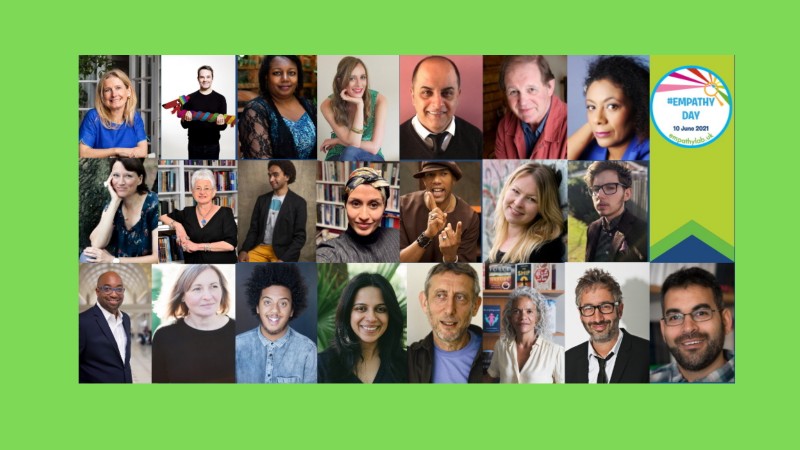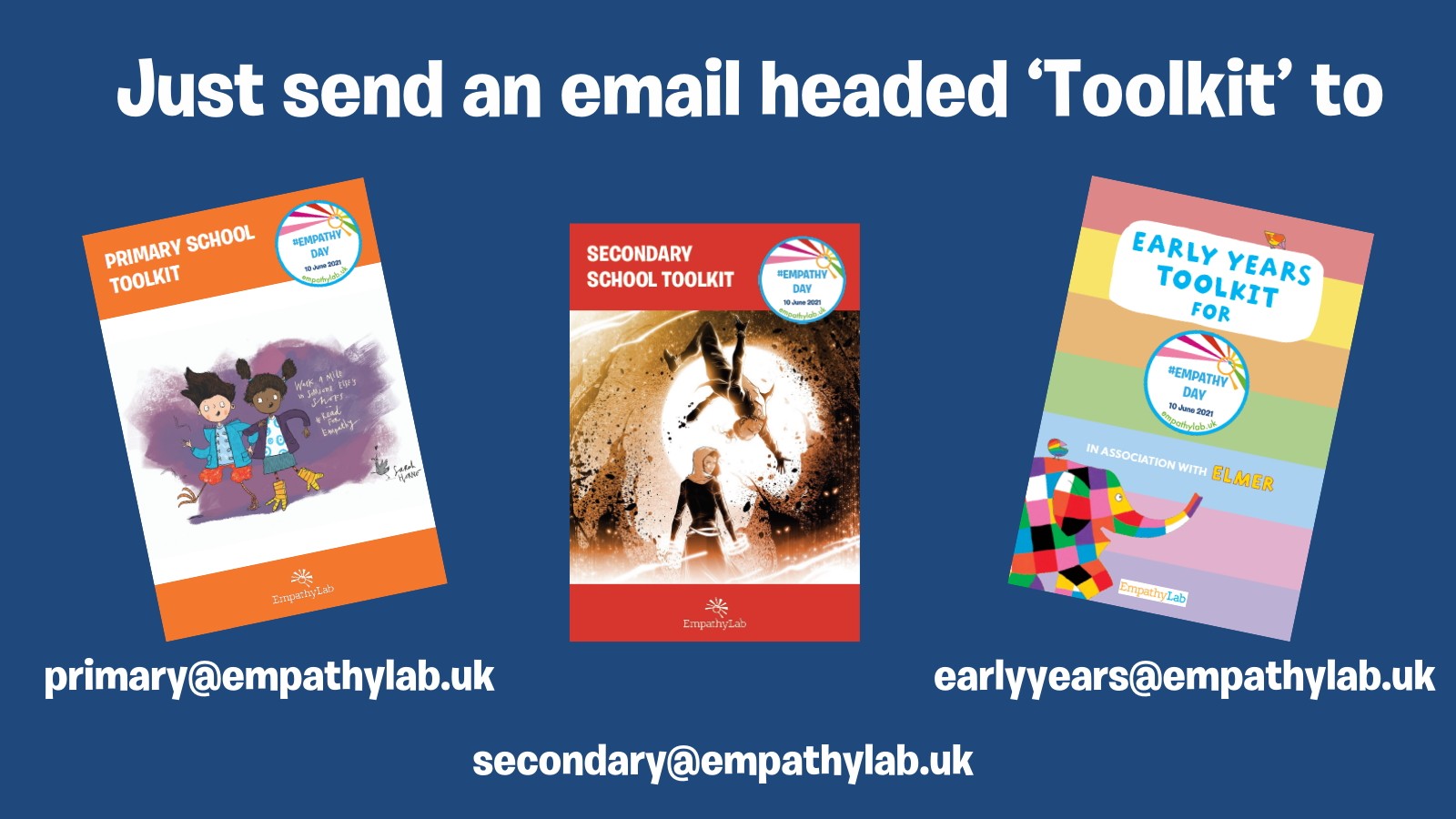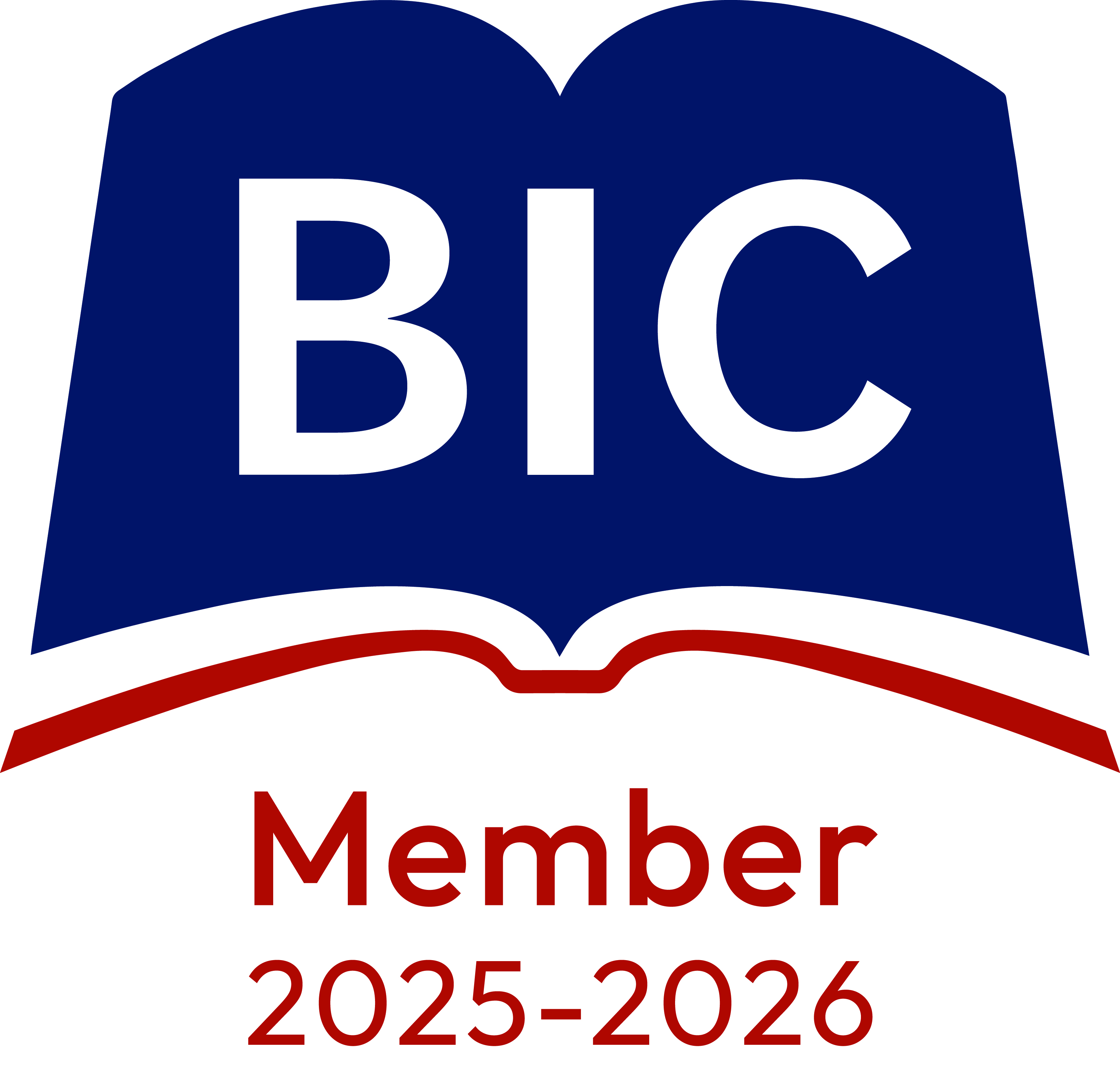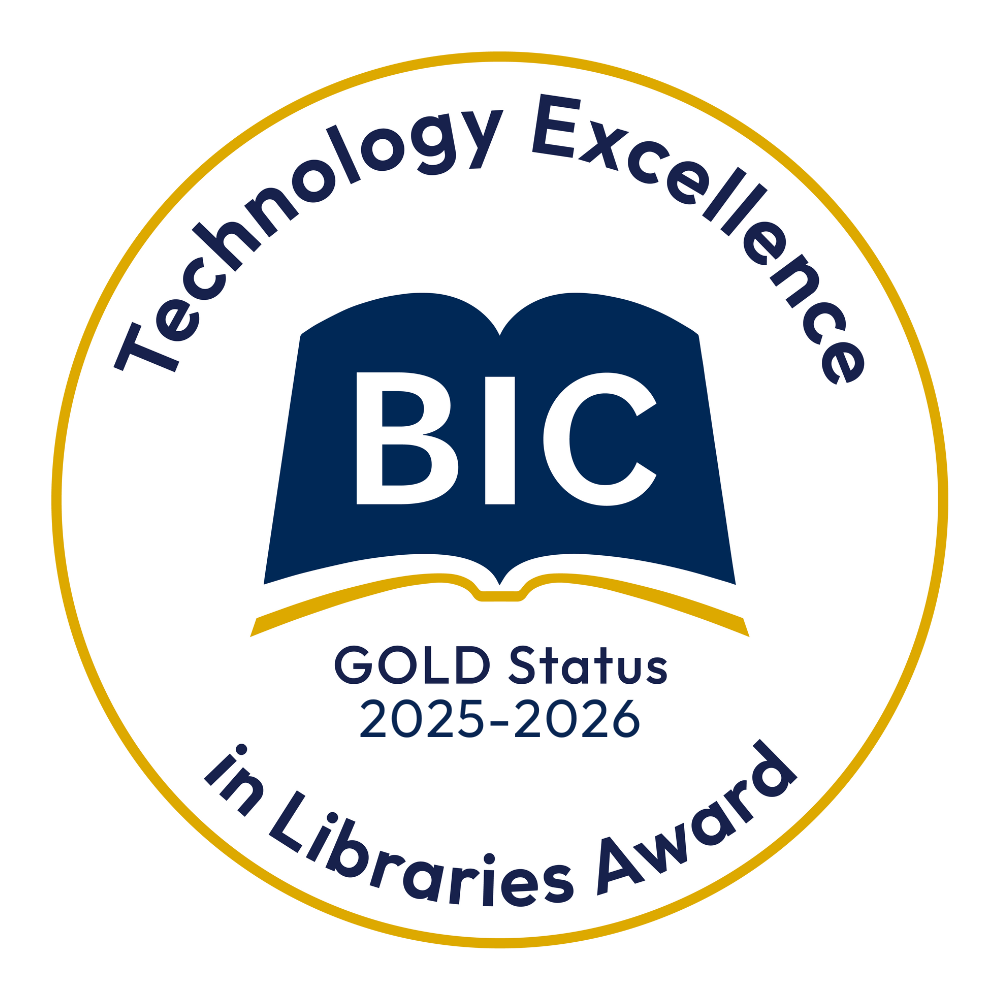For help, advice and telephone ordering call our team on 0121 666 6646
Are you sure you wish to delete this basket?()
This action cannot be undone.
Sorry, something went wrong
Please report the problem here.
Empathy Day: A Magic Bean by author Jo Cotterill

April 29th 2021
There are a lot of Days at school, aren’t there? I don’t mean days, that goes without saying, I mean Days. Or Weeks. Non-uniform Day. Healthy Eating Week. Anti-Bullying Week. Cycling To School Day.
Sometimes it feels as though there are Too Many Days (and days)!
And yet…and yet. How many of those Days change things for your pupils? How many of them trigger a longer-lasting impact?
Yes, I am here to offer you magic beans. Because I am an author, and that’s how we do things: turn everything into a story. So here’s a story for you.
Here’s a class of kids. They’re the usual mix: the smart ones, the smart-ass ones, the quiet terrified ones, the angry ones, the ones who need things to be exactly the same, the ones who just take longer at everything, the ones on the edge who never quite ‘fit in’. You’ll know what I mean because a class is like a micro society. A smaller version of the real world.
What if I told you I could give you a Day that might change the way those kids see themselves and each other forever? A Day that could send positive ripples across the whole school: across literacy, numeracy, PE, science, playtime, assembly…?
Empathy Day is my magic bean. On 10th June, thousands of children across the country will be taking part, and because it’s not new, because it’s been going since 2017, we can tell you that it will change things. Not all at once, and not Everything, but it works.
Empathy is a real buzzword at the moment, and sometimes people use it carelessly, almost patronisingly. Some people think ‘empathy’ means ‘wishy-washy feelings stuff’ and that it has no place in structure, policy-making, or even education. I can tell you that is bonkers (scientific word). Empathy is the most powerful skill we as a human society can develop. You can go and do your own research on why it’s so important but probably most of you who read this blog will already agree with me.
Empathy Day aims to kickstart a new way of working with young people in education. It’s divided into three main areas: Read, Connect, and Act. Sharing stories is a vital part of the Day (and of EmpathyLab’s pioneering work in general) because studies have shown (yes, I hate that phrase too) that when we read, our brain reacts in the same way as it does in real-life situations.
Wait up, I’m going to say that again: when we read, our brain reacts in the same way as it does in real-life situations.
Isn’t that incredible? That’s a magic bean right there. Reading allows your body to experience feelings and emotions in situations that aren’t actually happening to you right now. Imagine how this can impact children! Stories equip kids with emotional skills that they can use in their lives: with their friends, their families, their teachers.
So how do we plant this magic bean? The thing about ‘reading’ at school, is that it can become very focused on decoding and comprehension. These are obviously important skills but we’re missing a trick if we fail to ask the readers empathetic questions. How does Fern feel in Charlotte’s Web when she hears Wilbur is going to be killed? What are Katniss’s choices when Prim is chosen as tribute, and how does she decide what to do? How do the readers feel when Stanley Yelnats is revealed to have a shared family history with Zero? It isn’t about ignoring the curriculum but enhancing it. And the even better magic bean? Adding empathy work into normal lessons actually raises literacy skills and improves behaviour. Fact, as my daughter would say.
EmpathyLab is a small organisation with big ambitions. Their website is PACKED with resources for teachers, parents, librarians, and anyone who works with children of school age. Every year they produce Toolkits for Empathy Day, and this year there are separate ones for primary schools, secondary schools and early years. In the Toolkits you’ll find everything you need to run an Empathy Day in your setting. There are special Empathy Glasses in the Primary Toolkit, which you put on and then use to read stories in a different way. Perhaps you could take your class on an Empathy Walk around your local area, paying attention to the objects and people you see and asking your pupils questions about them. (See a postbox? Have they ever received a letter through the post or sent one? How is it different from getting a text message? Spot a woman with a baby in a pram? How might it feel to be that baby who can only see the sky and not the direction it’s going?) Maybe watch the Listening Switch video on EmpathyLab’s YouTube channel and do the exercise with your class. You might be astonished at the results as they learn how to listen more actively and with better connection. Look out for their Family Activities Pack and new Empathy Shorts (original 500 word stories), released on 11 May.
There’s also a recommended Read for Empathy book list every year – top-quality recent children’s fiction that is exceptionally good at creating empathy in its readers through realistic characters and well-described situations. You could ask your pupils to make an Empathy Resolution (and make one yourself: pupils are so much more encouraged when their teacher takes part in the activities too).
You could even book an author to talk to your class through Zoom or another online platform about how they create characters and ‘walk in another person’s shoes’ to write believable stories.
As for 10th June itself, there’s a whole programme for Empathy Day LIVE! online, with authors and illustrators including Jacqueline Wilson, Michael Rosen, Cressida Cowell, Malorie Blackman and Rob Biddulph taking part. You can stream live into your classroom or watch the videos at a later date.
So, remember that class I mentioned at the beginning? Empathy can help them to become a more cohesive group. Those kids on the fringe, who don’t have real friends, who you know are going to fall through the cracks of society at some point, and your heart breaks for them? You can bring them in. Social acceptance is a huge determiner in academic achievement. A miserable, isolated child cannot learn effectively. A child who feels secure and accepted, even understood, by the people around them is more likely to be able to learn.
Understanding other people brings us together and moves us forward together. We could really do with some more of that in 2021, so why not check out EmpathyLab’s website and see what you can do to join us on Empathy Day?
Disclaimer: magic beans are capricious things. For best results, plant firmly in ground and continue to water with kindness and reinforced ideas. Beanstalks are encouraged.
How to request your Empathy Toolkit:

Jo Cotterill is an award-winning children's author from Oxfordshire, whose book Jelly was chosen as a Read for Empathy book in 2019.
Jelly is available to buy.




